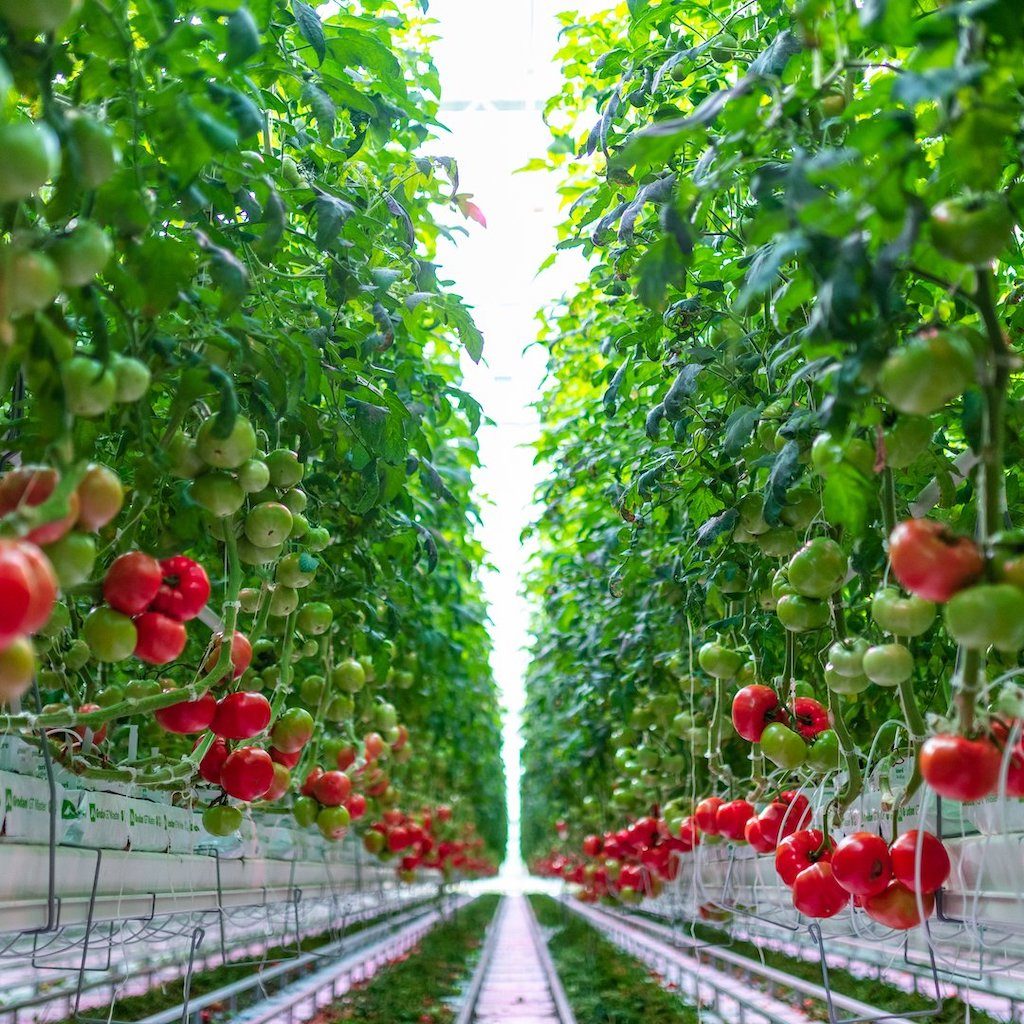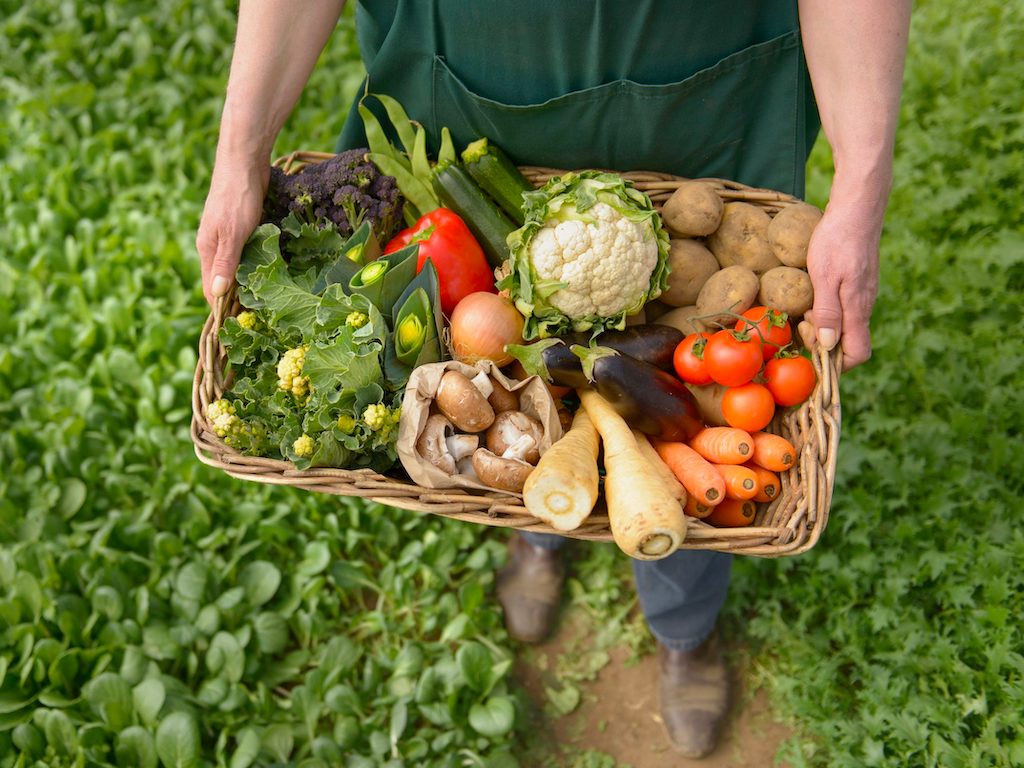More Land & Soil-Less Ag: Regulatory Updates In Europe & U.S. Spell Major Boost For Organic Food Production
4 Mins Read
Key regulatory and policy changes in the U.S. and E.U. are set to give organic agriculture a major boost. While the European Commission has set aside a plan to ramp up organic production to 25% of its farmland, a U.S. federal court ruling has decided that hydroponic produce can be certified as organic.
In March, the European Commission outlined its action plan to boost organic production to 25% of its agricultural land by 2030, as part of the bloc’s Green Deal and Farm to Fork strategy to transform its food system and protect biodiversity.
Currently, just 8.5% of farmland in the E.U. is organic, and policymakers plan to give an “extra push” by launching mass campaigns to promote organic consumption, increasing distribution by procuring organic produce for public canteens and schools, and boosting consumer trust by implementing blockchain-powered traceability measures.
We aim to boost demand for organic farming, help consumers make informed choices, and support European farmers in their transition.
Frans Timmermans, Executive Vice-President, European Green Deal
While the Commission has primarily focused on demand-side strategies, there will also be concrete financial measures to support the sector, including launching “eco-schemes” backed by a budget of €38 to 58 billion (US$45.6 to US$69.6 billion) between 2023 and 2027.
“We aim to boost demand for organic farming, help consumers make informed choices, and support European farmers in their transition. The more land we dedicate to organic farming, the better the protection of biodiversity in that land and in surrounding areas,” said Frans Timmermans, executive vice-president for the European Green Deal.

E.U. agriculture commissioner Janusz Wojciechowski, added that the plan “provides tools and ideas to accompany a balanced growth of the sector” and will be “supported by the Common Agricultural Policy, research and innovation as well as close cooperation with key actors at EU, national and local level.”
Meanwhile, the district court in Northern California ruled on the same month that the U.S. Department of Agriculture (USDA) can continue to certify hydroponic farming operations under the National Organic Program (NOP), striking down the attempts by the Center for Food Safety (CFS).
The NOP is the regulatory framework governing the production and sale of organic products within the country, and the CFS petitioned the USDA to cease the body’s certification of hydroponics operations and took the case to court after the authorities denied its request.
The decision is a major victory for producers and consumers working together to make organics more accessible and the supply more resilient.
Lee Frankel, Executive Director, CSO
“This case stems from an ongoing debate about whether hydroponics, a form of soil-less agriculture, may be certified organic,” ruled Chief Judge Richard Seeborg. “[The] USDA’s denial of the rulemaking petition reasonably concluded the applicable statutory scheme does not exclude hydroponics.”
Commenting on the decision, the executive director of the Coalition for Sustainable Organics (CSO), Lee Frankel, said: “The decision is a major victory for producers and consumers working together to make organics more accessible and the supply more resilient.”

“The Covid-19 pandemic has further increased demand for fresh organic vegetables and fruits as consumers look to healthy foods to bolster their immune systems and protect their family’s health,” Frankel told Food Safety News.
In the midst of the first wave of the pandemic in 2020, the U.S. Organic Trade Association (OTA) reported a 50% increase in organic produce sales, citing consumer trust, concerns about food safety and interest in health and nutrition as key drivers of the growth.
Both policies in the U.S. and E.U. are set to help promote organic agriculture even more, which will be a boon for the environment, given the plethora of benefits it has proven to offer, from improving soil fertility to preventing biodiversity loss and eliminating the need for fertiliser, a major releaser of the potent greenhouse gas nitrous oxide.
Recent research has shown that it could even play a role in fighting climate change, with organic farming practices leading to a significant double-digit increase in the amount of carbon sequestered in soil.
Previous studies have also pointed to the positive role of organic agriculture with regard to ushering progress multiple U.N. Sustainable Development Goals (SDGs), including life below water, life on land, climate action, health and well-being, decent work conditions and zero hunger.
Lead image courtesy of Monty Rakusen / Getty Images.




